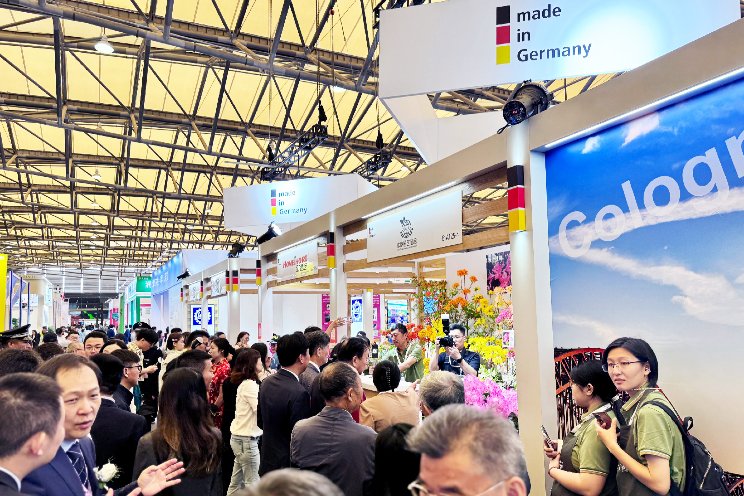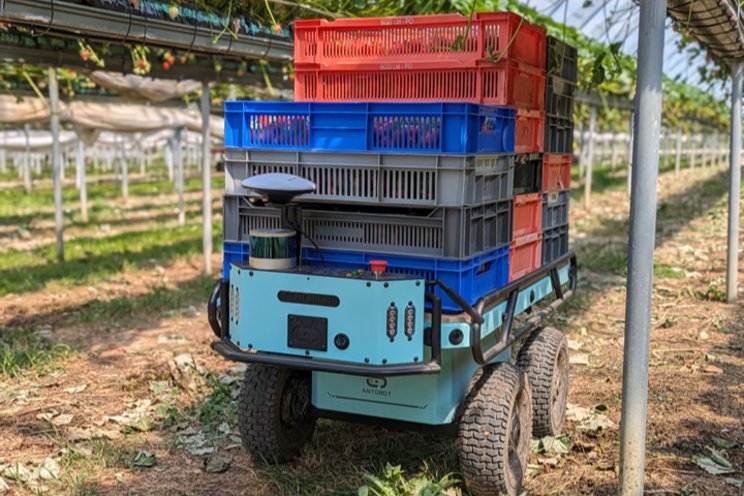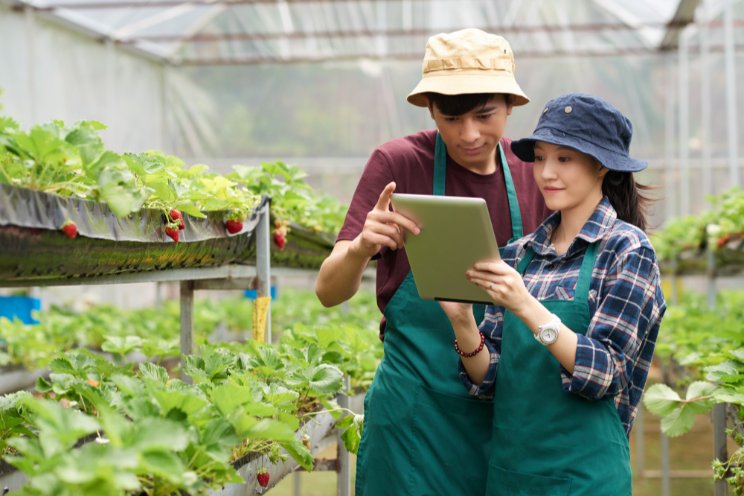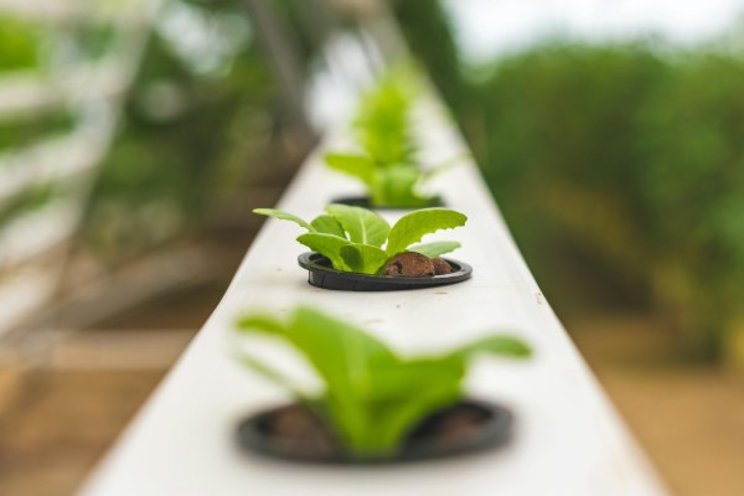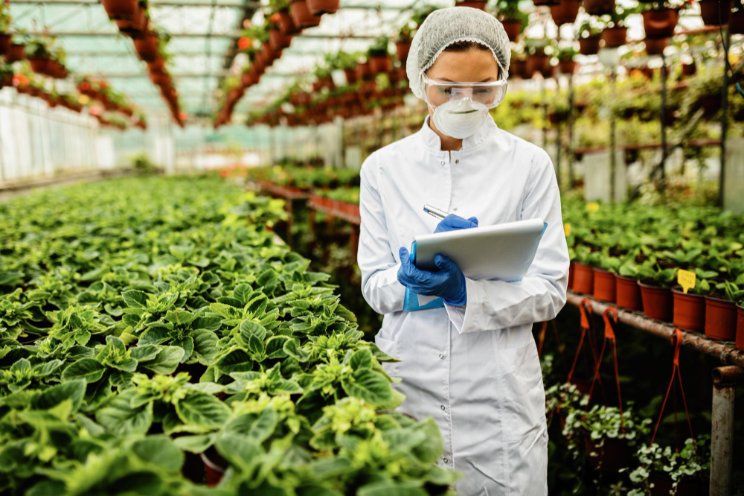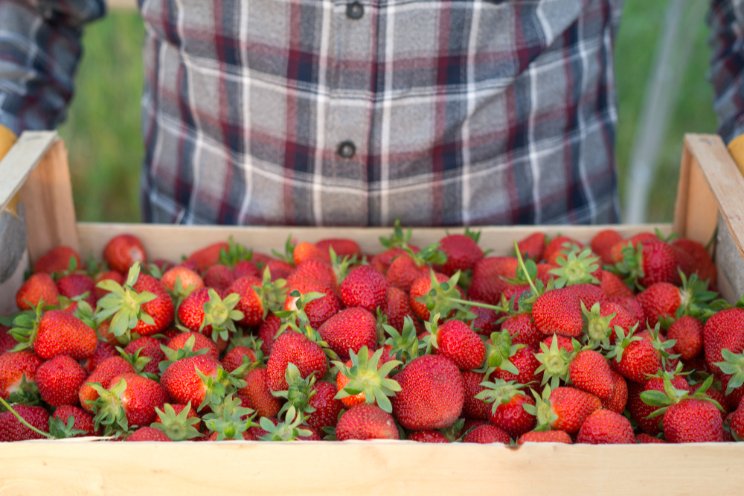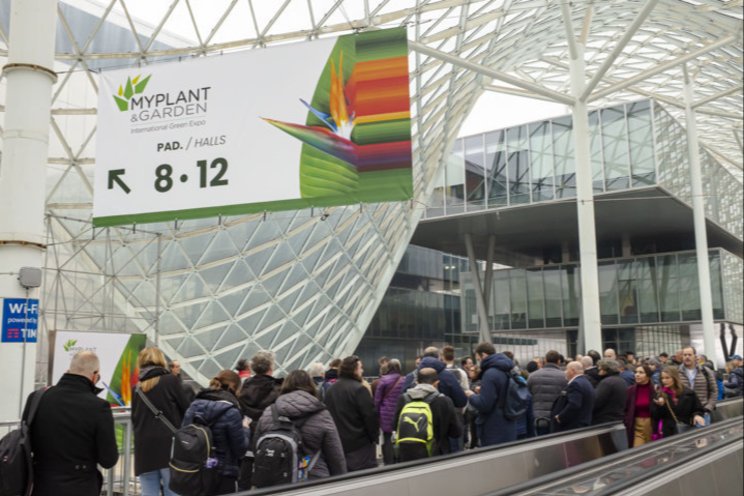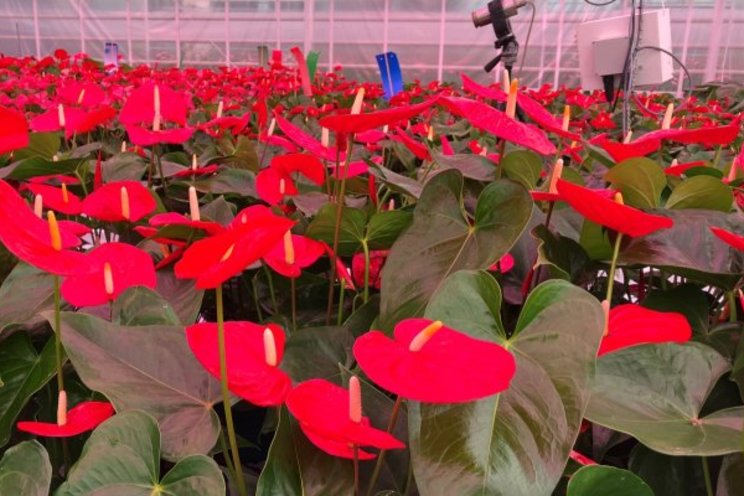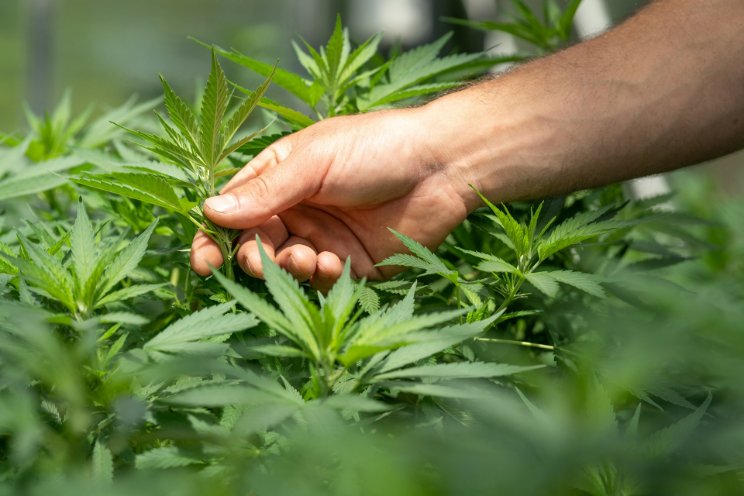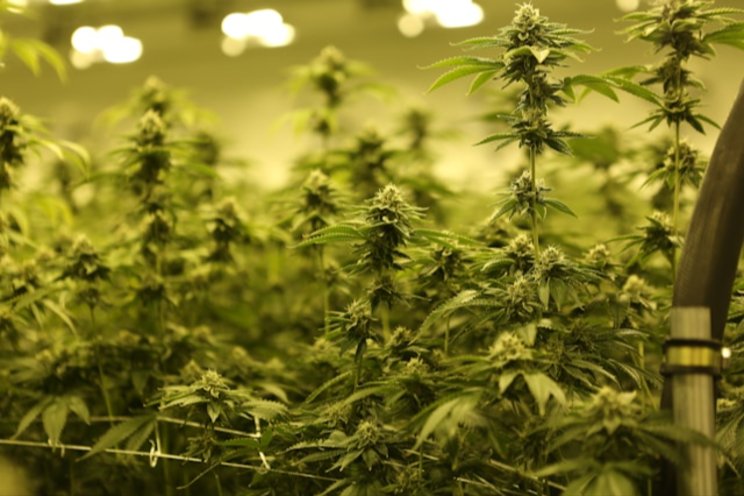While high-tech agri startups wilt, Little Leaf Farms flourishes
Added on 14 December 2023

Paul Sellew has been watching the situation with a mix of pride and hard-earned realism. Little Leaf Farms in Devens, which he cofounded and serves as chief executive, has been flourishing even as the bubble surrounding such startups appears to have burst.
“There was a little bit too much hype, and it was not grounded in the kinds of approaches that we’re doing here,” he said.
As of the end of 2022, investors had placed more than $2 billion in such companies across 158 deals, according to data by Pitchbook. But Little Leaf executives decided to forgo venture capital, worried that the rapid expansion often expected in the startup scene may not be sustainable for their vision.
Instead, Little Leaf took a more old-fashioned approach to growth, carefully nurturing its business into a profitable enterprise before looking to expand with less risky capital such as government and commercial bank loans.
Sellew has long advocated for indoor farming, growing fruits and vegetables inside structures with carefully controlled environments. In Little Leaf’s case, the structure is a 10-acre automated greenhouse in which lettuce is planted, grown, and picked without human hands ever touching the food.
More news
